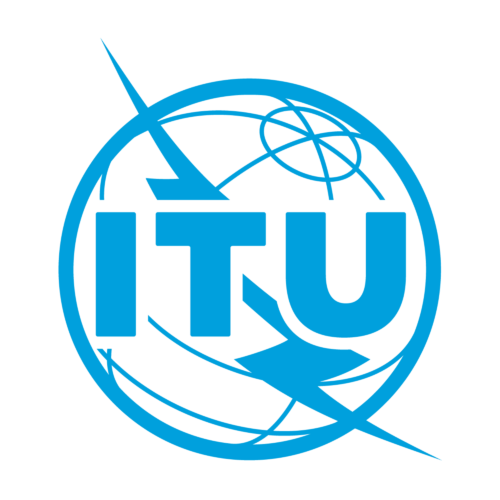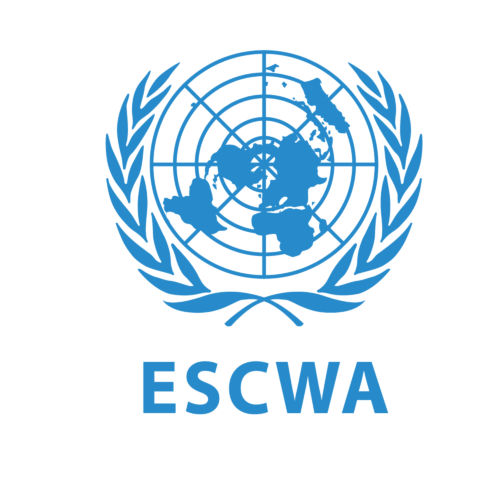Third Meeting
Third UNGIS Meeting — 19 September 2008

The third UNGIS meeting took place in Geneva, at ITU Headquarters on Friday, 19 September 2008. The meeting provided an opportunity to advance UNGIS' objectives of coordination of substantive and policy issues facing the United Nations system's implementation of the outcomes of the World Summit on the Information Society.
Remarks by Dr. Hamadoun I. Touré, ITU Secretary-General
As Chairman of the United Nations Group on the Information Society, I would like to welcome all of you here this morning at ITU for the third meeting of the Group.
As you all know, WSIS has been an important landmark in the global effort to eradicate poverty and achieve the UN Millennium Development Goals by 2015. WSIS has placed ICTs at the center of the UN Agenda.
WSIS outcome documents have also assigned an important role to UN Agencies in the implementation and Follow-up. 2009 will mark the mid-way point of our 2015 targets. It is therefore important that UNGIS – as the unique interagency group created under CEB for dealing with ICTs takes a proactive role to
- demonstrate that ICTs can accelerate realization of the MDGs
- but also convey, at the highest level, key new challenges facing us in building a people-centred, inclusive and development oriented Information Society.
WSIS created a very rich mechanism for implementing and following up on the Summit. We are still fine-tuning that model to find the best and most efficient arrangements.
At the end of the third cluster of WSIS-related events last May, ITU, UNESCO and UNDP convened the third WSIS Action Line Facilitator meeting. A number of suggestions were made on how the Action Line process could be improved. In particular there was a general agreement among participants on a number of points including :
- The next cluster of WSIS-related event will take place in May 2009 in Geneva.
- The Cluster need to be concentrated in two weeks, and including the IGF and the CSTD sessions
- The Cluster name should be changed
- Cluster of WSIS related meetings could be organized at global level as well as regional level
- An open web platform on reporting should also be set up.
We also decided to continue our discussion in an open consultation meeting to be held in September.
Last Monday, we held the open consultation and I was very pleased to note that 80 delegates attended the meeting.
The meeting has demonstrated how difficult it is to improve the process and agree on the objectives of the WSIS clusters, the format and even the name. Discussion needs therefore to continue.
Nevertheless, as we only have 6 years to meet the targets agreed to in Geneva we must not forget the sense of urgency.
The opinion of the UNGIS members on how to improve and support the Action Line process is important and I call for a common UNGIS position on that point. We will talk about this later today.
Beyond the role that UNGIS can play in supporting the Action Line Process, we should also discuss today how we can make UNGIS more successful, efficient and visible. An annual meeting seems insufficient in building UNGIS identity and added value.
The last ECOSOC resolution on Assessment of WSIS implementation adopted in July 2008 recommended that UNGIS organize focused yet open multi-stakeholder consultations on the implementation of Part B of the Tunis Agenda: “Financial Mechanisms for Meeting the Challenges of ICTs for Development”
We should discuss if the Group is ready to take over this task.
I believe that UNGIS should ensure that ICTs remain at the centre of the UN development agenda. This opportunity to focus on financing issues in organizing an open consultation could improve UNGIS visibility.
Moreover, I think we should not forget UNGIS’ role advising and assisting CEB by identifying cross-cutting themes for policy review. UNGIS should bring key ICT issues to the attention of CEB. One such issue could be cybersecurity.
Dear UNGIS members, to conclude I am certain that UNGIS can help the UN system play a key role in building the Information Society. UNGIS is a tool to help us work together as a family.
Let’s make UNGIS a model of UN cooperation. Let’s enhance UN system wide policy by making it more coherent, and let’s ultimately contribute to UN Reform.







